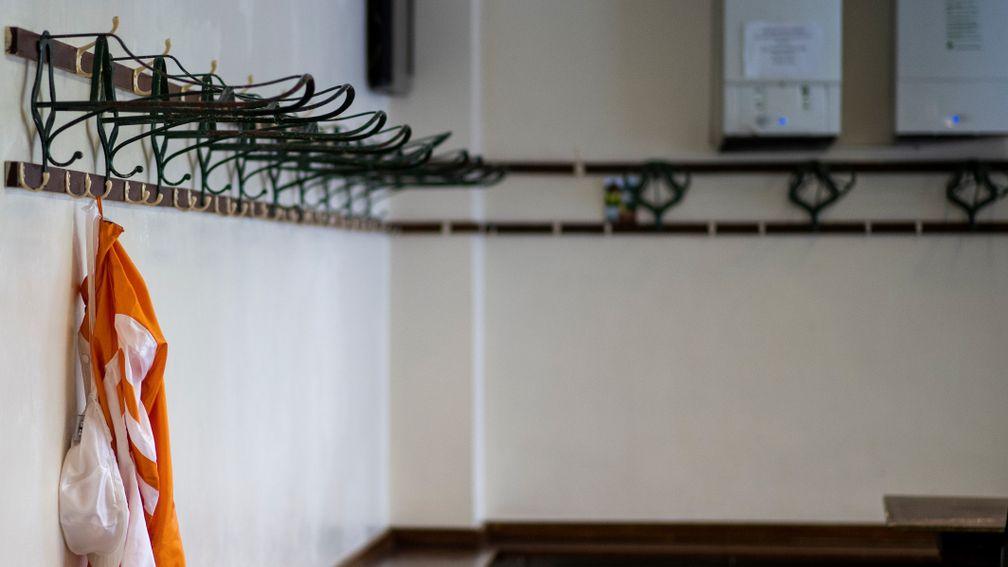'Let's get real': minimum riding weight must rise, says leading sports scientist

A leading authority on the welfare of jockeys has urged British racing to increase its minimum riding weight by 7lb. Either that or the sport "should change the jockeys," according to sport scientist Dr George Wilson, from Liverpool John Moores University.
"Let's get real," Wilson said at the International Conference for the Health, Safety & Welfare of Jockeys, held in Dubai under the sponsorship of Al Basti Equiworld, as he revealed the findings of a new study that showed the vast majority of Flat-race apprentices are unable to make the current minimum of 8st and still claim their appropriate weight allowance.
Among two groups of male apprentices totalling 67, including 41 who were newly licensed during the time of the study and representing 44 per cent of those currently riding, only two could do the minimum weight.
Wilson said: "When we looked theoretically at getting the first group of 26 apprentices down to the lowest possible level of body fat, around 2.5kg, still only one could make the minimum weight.
"You can't basically get any lower. The lowest body fat you can get active athletes down to is about 5kg and the lowest we've seen among 350 jockeys who have come to John Moores in the last ten years was 3.7kg. So, when you do the maths, you're asking these jockeys to do something that is virtually impossible."

Wilson's suggested solution, based on the new data and a recommended body fat level of 5kg, is to raise the minimum riding weight to 8st 7lb, which would mirror recent initiatives in Australia and New Zealand, and to restrict a new apprentice's height to five foot four inches.
"Let's give them half a chance," he said, adding that continuing education about the difference between good and bad nutrition was vital.
The session was chaired by the BHA's chief medical adviser Dr Jerry Hill, who collaborated with the study.
Hill welcomed the data but, in advance of its presentation to racing’s governing body, he advised a degree of caution, saying: "Looking at weights in isolation may not be the whole answer.
"We have to look at overall policy and examine all aspects of a jockey’s lifestyle and working practices, while also bearing in mind where we are going to draw our future jockeys from."
Hill's caution was echoed by conference chairman Denis Egan, chief executive of the Irish Horseracing Regulatory Board, who said: "If the minimum weight went up on the Flat in Ireland, we'd almost certainly get jump jockeys making these weights.
"Any general rise in the Flat weights would have to be done in conjunction with the setting of a minimum riding weight for each jockey, which we have introduced for apprentices."
Read The Lowdown from 8.30am daily on and the Racing Post app for all the day's going updates, news and tips
Published on inNews
Last updated
- Dubai World Cup card pushed back an hour due to forecast 39C on Saturday
- 'This is more than an awards ceremony, it is a heartfelt thank-you' - hard-earned celebration at York
- How the Big Punting Survey will help us to know more about you and your concerns
- Introducing Racing Post+, the new name for our digital subscriptions
- Cheltenham Ante-Post Pricewise has returned - unlock Tom Segal's top tips now with 25% off for six months
- Dubai World Cup card pushed back an hour due to forecast 39C on Saturday
- 'This is more than an awards ceremony, it is a heartfelt thank-you' - hard-earned celebration at York
- How the Big Punting Survey will help us to know more about you and your concerns
- Introducing Racing Post+, the new name for our digital subscriptions
- Cheltenham Ante-Post Pricewise has returned - unlock Tom Segal's top tips now with 25% off for six months
